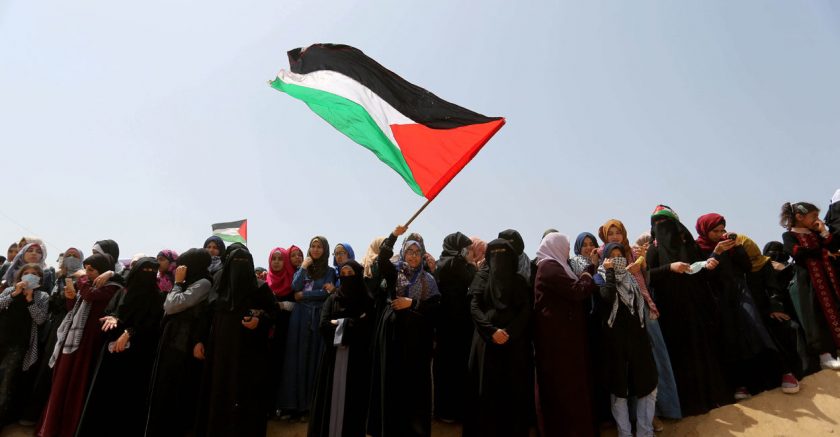Last week, the State Department announced that the Trump administration had concluded an internal review and decided to end all U.S. contributions to the United Nations Relief and Works Agency for Palestine Refugees in the Near East (UNRWA).
Part of the administration’s justification for the decision was the disproportionate level of U.S. financial support, but the more fundamental reason to end U.S. funding lies with the many flaws that have plagued the U.N. agency for decades.
Importantly, the U.S. has made clear that the decision to end funding does not mean it is abandoning the peace process or the Palestinian people:
[T]he United States will intensify dialogue with the United Nations, host governments, and international stakeholders about new models and new approaches, which may include direct bilateral assistance from the United States and other partners, that can provide today’s Palestinian children with a more durable and dependable path toward a brighter tomorrow.
Although details were not provided, presumably, the U.S. will shift some of the agency funding to the government of Jordan and to the U.N. High Commissioner for Refugees to address the refugees and humanitarian consequences of the Syrian conflict and explore alternative ways to assist Palestinians outside of the UNRWA.
This decision is long overdue. The UNRWA has existed for more than 60 years as a “temporary” initiative to address the needs of Palestinian refugees from the 1948 Israeli-Arab conflict and to facilitate their resettlement and/or repatriation. It has evolved into a permanent institution providing services to multiple generations of Palestinian “refugees,” of whom a large majority live outside refugee camps, enjoy citizenship in other countries, or reside in the Palestinian-governed West Bank and Gaza Strip.
Despite receiving ongoing assistance from the UNRWA, the Palestinian refugee problem has only grown larger. The relief agency was set up to address a temporary crisis involving over 600,000 refugees defined as “persons whose normal place of residence was Palestine during the period 1 June 1946 to 15 May 1948, and who lost both home and means of livelihood as a result of the 1948 conflict.”
Many of these original refugees are deceased, but the refugee population has expanded to 5.3 million individuals because the UNRWA redefined and expanded its definition of “refugee.”
Today, the agency has made refugee status available to the “descendants of Palestine refugee males, including legally adopted children.” It classifies a Palestinian as a refugee even if he or she lives in the West Bank or in Gaza (territory governed by Palestinians) or earns citizenship in another country.
This is not consistent with the 1951 Convention or the policy of the U.N. High Commissioner for Refugees.
Read the full story from The Daily Signal
Want more BFT? Leave us a voicemail on our page or follow us on Twitter @BFT_Podcast and Facebook @BluntForceTruthPodcast. We want to hear from you! There’s no better place to get the #BluntForceTruth.







